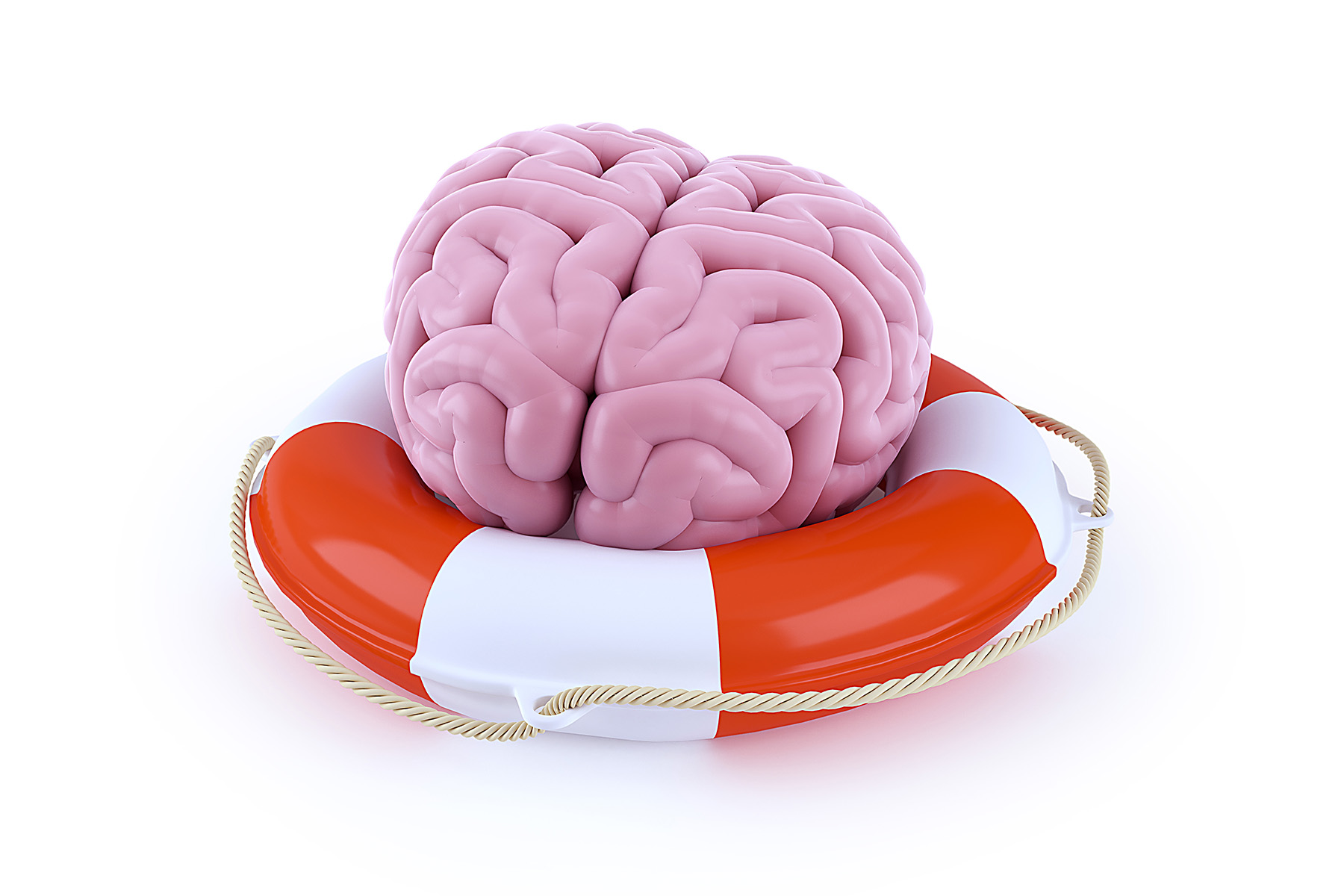Nootropics and Smart Drugs: Do They Work?

A miracle supplement that enhances brain function and mood, increases our energy, and reduces anxiety and inflammation — without side effects? Yes, please!
Marketers of brain supplements ranging from Ginkgo biloba and ginseng to CBD gummies make these claims. These so-called “smart drugs” are available without a prescription. But is there any truth to these claims?
What are nootropics?
Nootropics are the newest form of cognition and mood-improving supplements that are available over the counter. Nootropics promise to support a healthy mood, enhance mental speed and alertness, improve memory and verbal recall, and reduce brain fog, all without the stimulation of caffeine. They are sold as dietary supplements with brand names like Rocket Focus, Alpha Brain, and Qualia. But you can also purchase many of the individual active ingredients in pill form.
Nootropics can influence GABA, a brain neurotransmitter.
This “puts the breaks on your emotions and anxiety,” said Jason Stevenson, M.S., R.D.N., L.D.N., system director of Food and Nutrition with the University of Miami Health System. “More GABA probably means you’re calmer.”
These purported cognitive enhancers include plant extracts like:
- Bacopa monnieri
- Rhodiola rosea
- Lion’s mane mushroom
- L-theanine (found in green tea)
- Huperzine A
- Mucuna pruriens (L-dopa)
- Curcumin (found in turmeric)
- Panax ginseng
As well as chemicals produced by the body such as:
- Magnesium
- Alpha-GPC (a compound found in the brain)
- Tyrosine (an amino acid)
- Citicoline and taurine (which occur naturally in our tissues and organs)
And synthetic ingredients like:
- Piracetam
- Adrafinil
- Noopept
“The effectiveness and safety of each of these ingredients need to be confirmed with more research,” says Stevenson.
Many supplements’ claims aren’t verified by the Food and Drug Administration.
“There’s not enough data on any ingredient other than Ginkgo biloba, which has been around for a long time and is probably the most researched supplement in regards to cognitive decline,” Stevenson said.
Some researchers have found that when taken consistently, gingko improved the memory and sharpened the attention of dementia and Alzheimer’s disease patients as well as middle-aged volunteers with normal cognitive function.
While that sounds promising, “even ginkgo’s efficacy is controversial,” Stevenson says. “Plus, you have to use it with caution because there can be contraindications. Those susceptible to strokes and brain bleeds, and those on blood thinners are advised to avoid ginkgo and some other natural supplements.”
Before you take any smart drugs, including any stimulant, supplement, or vitamin, even healthy individuals should speak with your doctor to discuss possible risks or conflicts with your health status and medications.
Cannabidiol (CBD) is an ingredient in marijuana that lacks the psychoactive properties of THC.
Basically, this means that it doesn’t make you feel high.
There is evidence that CBD has the potential to reduce anxiety and inflammation, and researchers are actively studying it as a treatment for pain and insomnia. Recently, CBD has become so popular that it’s now available as pills, ingestible oils, and chewable gummies.
“I’m a member of a third-party lab that tests and compares CBD products against their claims,” Stevenson said. “Research is showing that hemp-derived CBD products contain much lower levels of CBD than marijuana-derived CBD, which is challenging to extract from the plant without also extracting some of the THC. As a consumer, you don’t really know if you’re getting a significant level of CBD in any particular product or if the recommended dosage is accurate for your needs. There’s no regulation on dosing. You can ask the manufacturer for spectrum analysis of what’s actually in their supplement product. But, the amount of information out there can be really confusing.”
With so many hopeful claims, you might expect immediate effects from taking brain health supplements. But as with many plant-derived ingredients, people need to use these cognitive enhancers for a long time to see results, says Stevenson. This is especially true when you’re taking one that’s minimally processed, which is the goal.
While a magic nootropics pill sounds great, real results require effort.
As Stevenson says, “You need to ‘EARN’ your physical, mental, and emotional health. That stands for Exercise, Attitude, Rest and Recovery, and Nutrition.’
“‘Food first’ should be the philosophy when it comes to treatment,” Stevenson said. “Consider what you eat before you start taking a supplement unless there’s a clinical deficiency that your dietitian can identify.”
To reduce inflammation, he recommends diets high in fatty acids, cruciferous foods, and antioxidants. In addition, the FODMAP diet and diets low in gluten and animal products may reduce your inflammatory stress response. That’s a great place to start when you’re fighting fatigue and brain fog.
To enhance your mood, try moderate-intensity exercise. Exercise releases feel-good endorphins that lower anxiety. A little exposure to the sun may give you a boost of Vitamin D, which reduces symptoms of mild depression. Getting outside, socializing, and challenging yourself with new experiences and hobbies are fun ways to keep your mind sharp as you get older.
That said, “many people can benefit from supplements,” Stevenson said. If you’re thinking about adding a brain-boosting supplement to your healthy lifestyle, he recommends speaking to a dietitian or nutritionist. Start with a professional who focuses on holistic and whole-foods solutions to help you reach your goals and reduce your reliance on synthetic ingredients.
Dana Kantrowitz is a contributor for UMiami health News.
Originally published on: December 18, 2019
Tags: brain activity, brain health, enhance cognition, GABA
